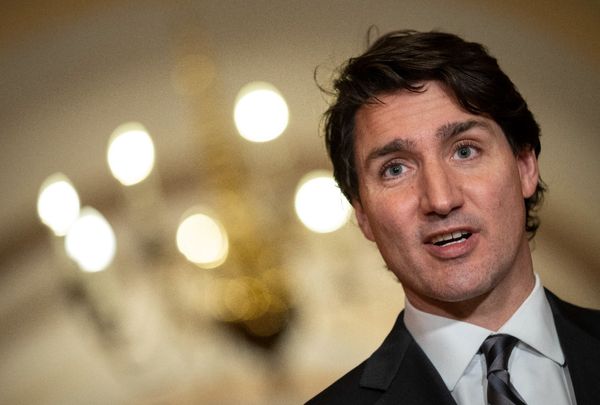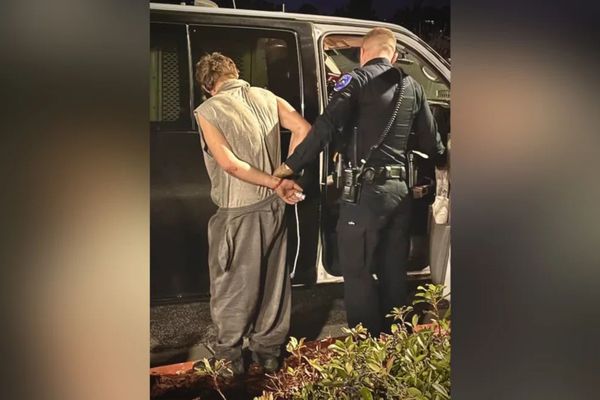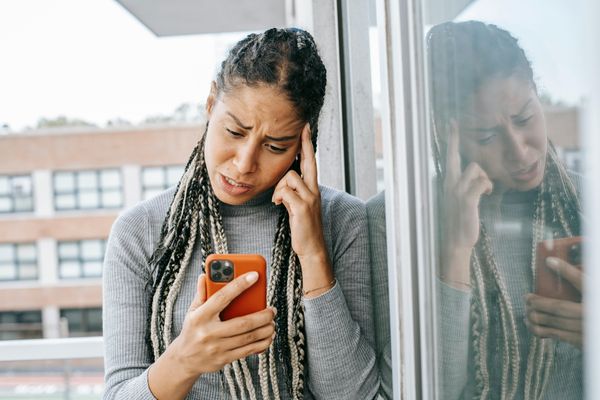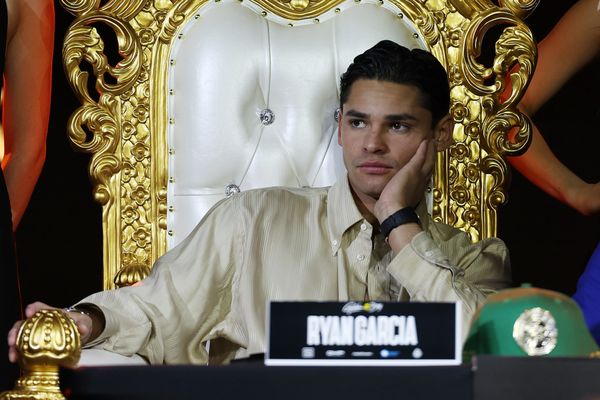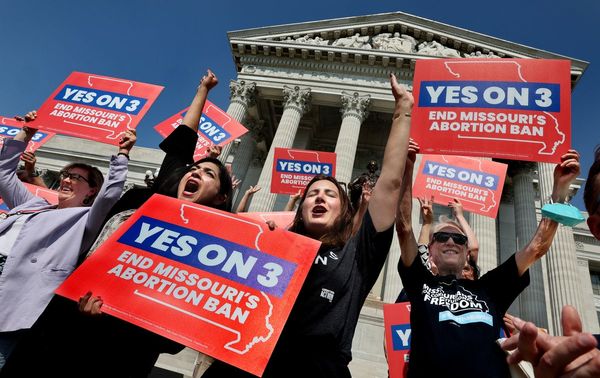
London (AFP) - World number one Novak Djokovic has claimed he is not anti-vaccination but would rather skip Grand Slams than be forced to get a Covid jab.
The Serb was deported in extraordinary circumstances on the eve of last month's Australian Open where Rafael Nadal won a record 21st Grand Slam trophy to move ahead of Djokovic and Roger Federer on the all-time men's list.
Djokovic was asked in an interview with the BBC, published on Tuesday, if he would sacrifice taking part in Wimbledon and the French Open over his stance on the vaccine even if it meant he missed out on his chance to move ahead of his rivals and make history.
"Yes, that is the price that I'm willing to pay," Djokovic said.
"I am part of a very global sport that is played in a different location every single week, I understand the consequences of my decision.
"I was prepared not to go to Australia.I understand not being vaccinated today, I am unable to travel to most of the tournaments at the moment."
However, his road to defending his Wimbledon title seems clear because as of a few days ago the unvaccinated are no longer required to quarantine in Britain -- they just need to take a test before and after arrival.
The French Open in May, which he also won last year, could also be a possibility.
French Health Minister Olivier Veran said this month that unless there is another wave, the vaccination passport -- which is required for entry to sports venues among other public spaces -- will no longer be obligatory "well before July."
The most problematic tournament for Djokovic at the moment is the US Open, where a vaccination certificate is required.
There are also two high-profile tournaments coming up in the US -- Indian Wells from March 7 to 20 and the Miami Open, played from March 21 to April 3.
But Djokovic says his health comes above making history.
"Because the principles of decision making on my body are more important than any title or anything else," he said.
"I am trying to be in tune with my body as much as I possibly can."
Djokovic said he did not want to be associated with the anti-vax movement, but supported an individual's right to choose.
"I was never against vaccination," he said, adding he had received vaccines as a child.
"But I've always supported the freedom to choose what you put in your body."
'Sad and disappointed'
Djokovic claims he did not say he was 'anti-vax' when in Australia 'because no one asked me for my stance and opinion on vaccination".
The Serb has not given his opinion on the matter through his social media accounts either -- he has over 10 million followers on Instagram and nine million on Twitter.
Djokovic arrived in Melbourne in January for the first Grand Slam of the year claiming he had obtained a medical exemption to enter the country without being vaccinated as he had recently recovered from Covid-19.
But Australian border officials said he did not meet requirements to be exempted from strict vaccination rules, his visa was cancelled and a protracted legal appeal failed.
In his first interview since leaving Melbourne, Djokovic told the BBC he hoped vaccination requirements would change and that he could "play for many more years".
Djokovic said he was keeping an open mind about being vaccinated in the future "because we are all trying to find collectively, a best possible solution to end Covid.
"I was never against vaccination.I understand that globally, everyone is trying to put a big effort into handling this virus and seeing, hopefully, an end soon to this virus."
Djokovic said he was "sad" with how events played out in Australia, where he spent days in detention at a notorious immigration hotel.
"I was really sad and disappointed with the way it all ended for me in Australia," he said."It wasn't easy.
"The reason why I was deported from Australia was because the minister for immigration used his discretion to cancel my visa based on his perception that I might create some anti-vax sentiment in the country or in the city, which I completely disagree with."

